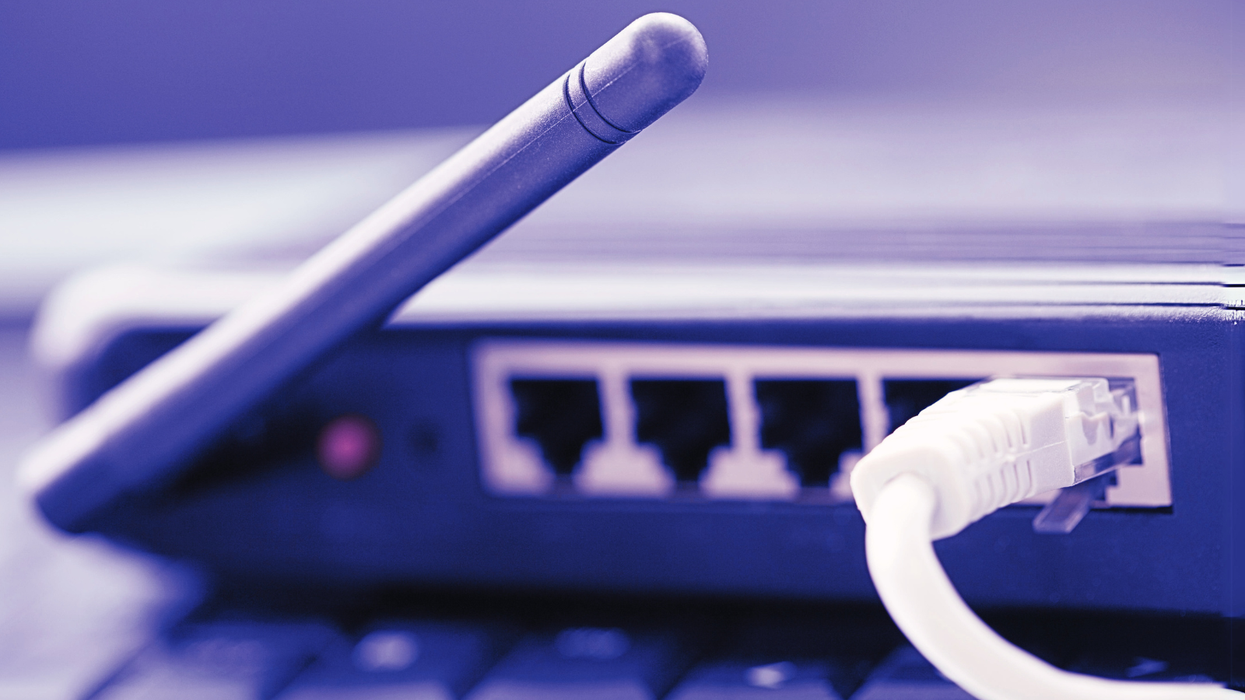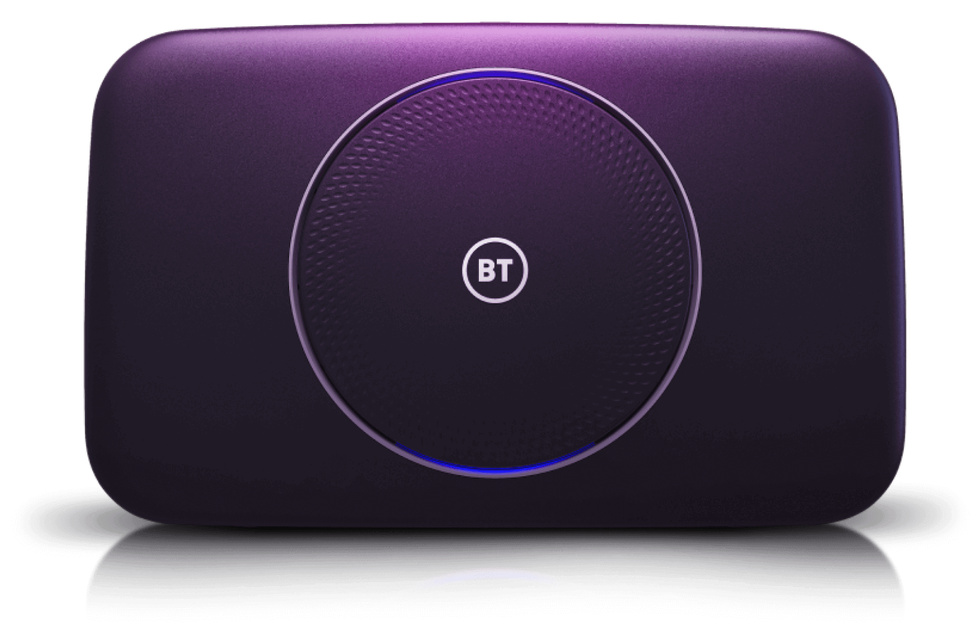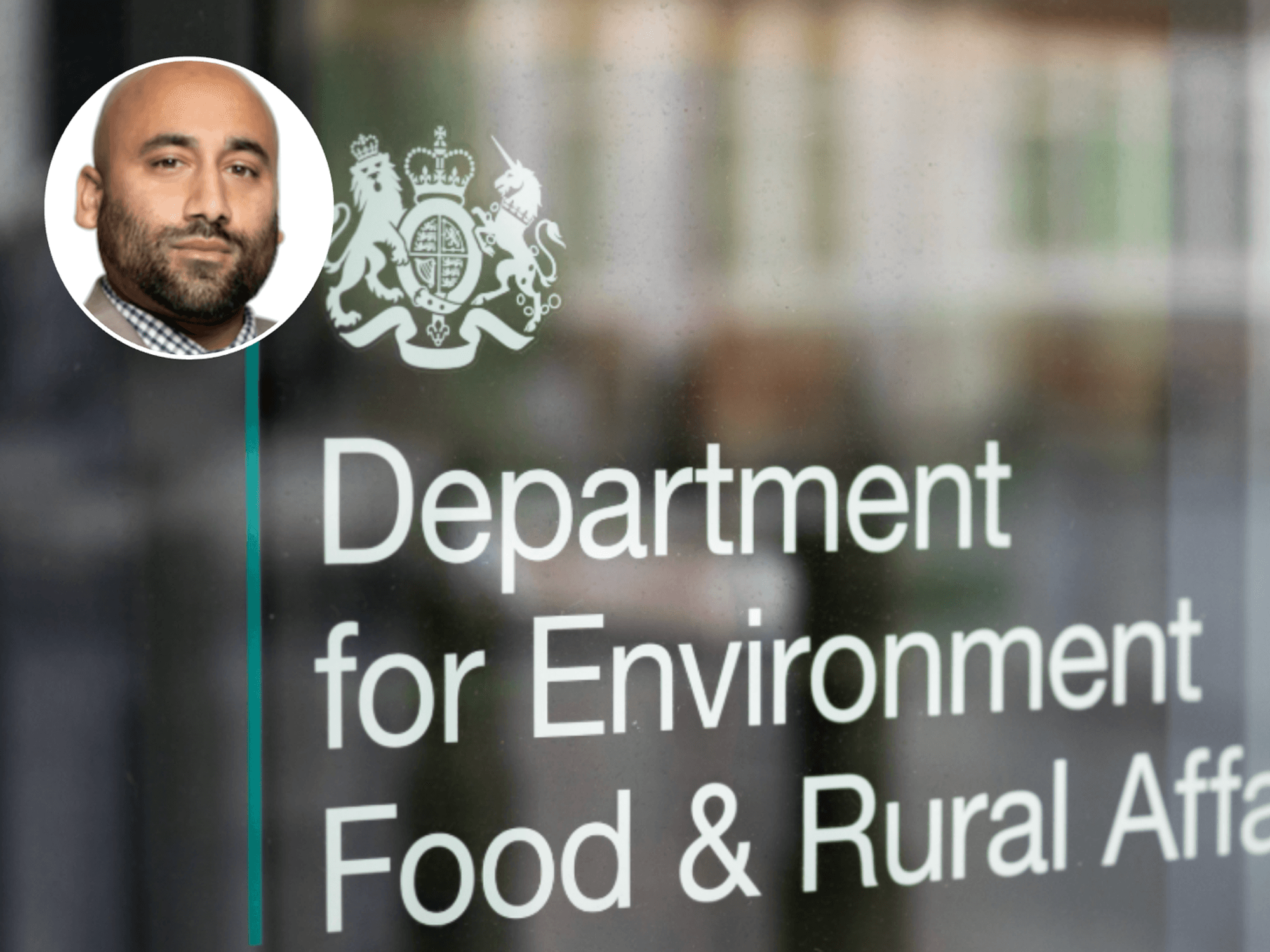Are YOU one of four million Brits missing out on lower broadband bills?

According to a new report, four million British households are missing out on affordable broadband contracts, known as Social Tariffs, from the biggest internet providers
|GETTY IMAGES

Just 8.3% of eligible households have signed-up for the most affordable broadband plans, Ofcom says
- Millions of Britons are missing out on low-cost broadband plans
- Damning new report blames "bare minimum" promotion from internet suppliers
- Prices for so-called Social Tariffs start from just £12.50 per month
- BT, Virgin Media, and Sky all offer these low-cost options
Don't Miss
Most Read
Latest
Millions of people continue to miss out on lower monthly broadband bills because of internet suppliers offering “bare minimum” promotion for more affordable plans, a new report has warned.
Known as “Social Tariffs”, these contracts offer more flexibility and lower monthly fees.
Some of the biggest broadband providers in the UK, including BT, Sky, and Virgin Media, all offer Social Tariffs with prices starting from just £12.50. But despite the widespread availability of these plans, a meagre 8.3% of those eligible have decided to sign-up, according to research by Ofcom.
A new report from independent internet-focused blog Think Broadband concludes that the reason for the incredibly low uptake on these plans is a lack of public awareness due to poor promotion.
Sebastien Lahtinen, Director of Think Broadband, blasted internet providers for failing to promote these low-cost plans to those who need them the most, explaining: “This is an embarrassment for broadband providers who have chosen to offer these tariffs whilst failing to make eligible users aware of them.

BT offers a Social Tariff known as Home Essentials, which costs £15 per month and offers unlimited downloads at an average speed of 36Mbps — roughly half the national average broadband speed
|BT PRESS OFFICE
“The vast majority are doing the bare minimum to promote their subsidised packages meaning potentially eligible households may be struggling to pay for broadband services they could get at a lower cost.
"Most providers keep details of these packages on separate pages, with links to the page being difficult to find, and using non-standard terminology such as ‘flex’ to label them which don’t stand out clearly.”
Not everyone is eligible for Social Tariffs. To qualify for these affordable broadband plans, you’ll need to receive — or be eligible to receive — one of the following five benefits:
- Universal Credit
- Pension Credit
- Employment and Support Allowance
- Jobseeker’s Allowance
- Income Support
Some broadband firms might offer Social Tariffs to those who receive Personal Independence Payment and Attendance Allowance too.
BT brands its Social Tariff plan as Home Essentials. It costs £15 per month and offers access to average download speeds of 36Mbps. It’s open to BT customers, as well as EE and Plusnet broadband users too, since both of those brands are owned and operated by BT.
Unlike a traditional broadband contract with BT, which has a minimum term of 24-months, Home Essentials users will be able to walk away at any time without incurring a penalty. Home Essentials is also exempt from the annual price rise in March, so it’ll remain at £15 for the duration of your time.
Virgin Media charges £12.50 for its Essential Broadband plan, which offers average download speeds of 15Mbps, no set-up costs, and a rolling 30-day contract. If you need faster speeds, there’s an Essential Broadband Plus plan, which increases the average downloads to 54Mbps, for £20 a month.
The average download speed for household broadband in the UK is roughly 69Mbps, according to research published by Ofcom last year. None of these so-called Social Tariffs will offer lightning-fast download speeds, but the bandwidth should be more than enough to browse the web, check emails, update social media, back-up your files, and watch Netflix and YouTube in standard definition.
ThinkBroadband.com’s Sebastien Lahtinen continued: “The Internet is very much considered a basic necessity in today’s online world. Many government services are online, educational content for children is online. To find the best deals you need access to compare prices across insurance companies, supermarkets, and other online stores.
“Without access to the Internet, you will pay more for everything”
LATEST DEVELOPMENTS
- Channel 4 shutting down 5 channels across Freeview, Freesat and Sky TV
- Mapped: The 20 worst areas in UK for superfast broadband revealed
- Prime Video now has adverts unless you pay extra, and people are furious
- Ofcom names and shames Britain's worst broadband provider
- Fire TV Stick crackdown aims to end free illegal streams on Amazon gadgets
According to the report, the broadband suppliers that are bucking the trend and actively promoting Social Tariffs to help customers stay connected are smaller, local brands.
B4RN, a community-led initiative delivering broadband across Lancashire, independent full-fibre suppliers RunFibre near Bristol and WightFibre on the Isle of Wight list Social Tariffs alongside their standard broadband packages. Think Broadband uses all three suppliers are good examples.
It comes days after data from Think Broadband confirmed the 20 worst and best areas in the UK for full-fibre broadband. Following an announcement from the Government that 8 in 10 households could now access superfast internet, our exclusive map shows where the dead zones are located.










